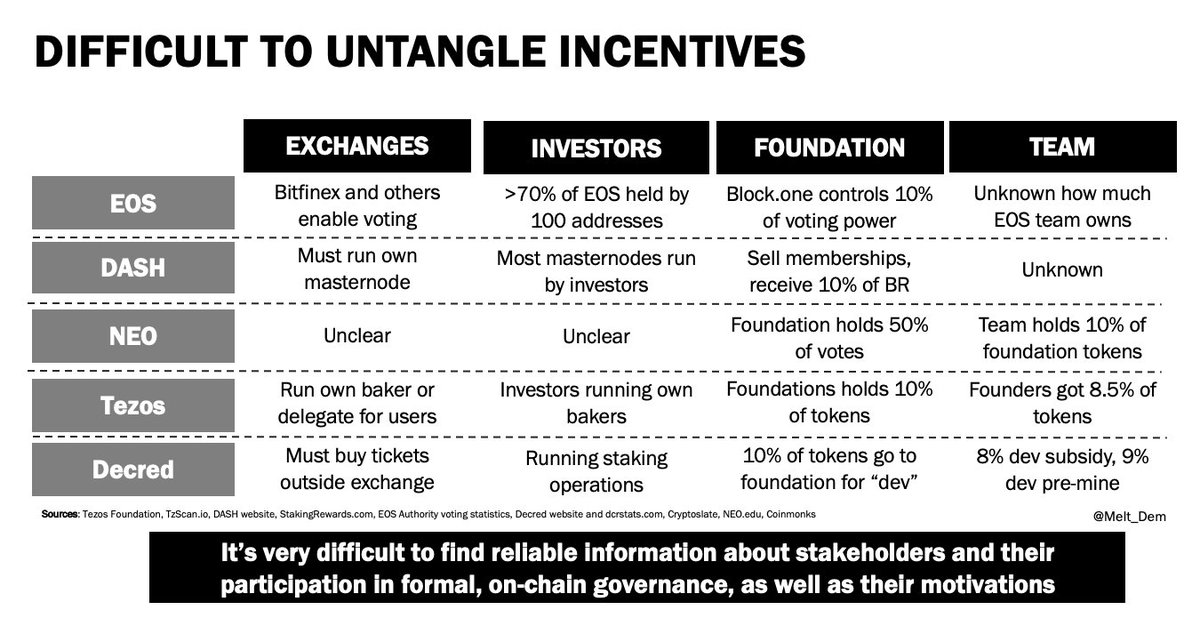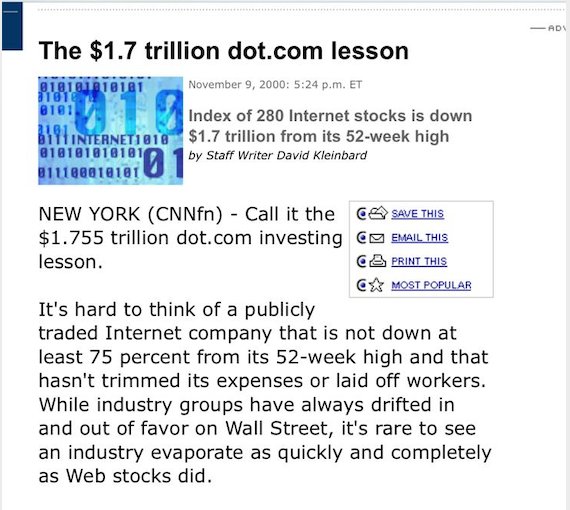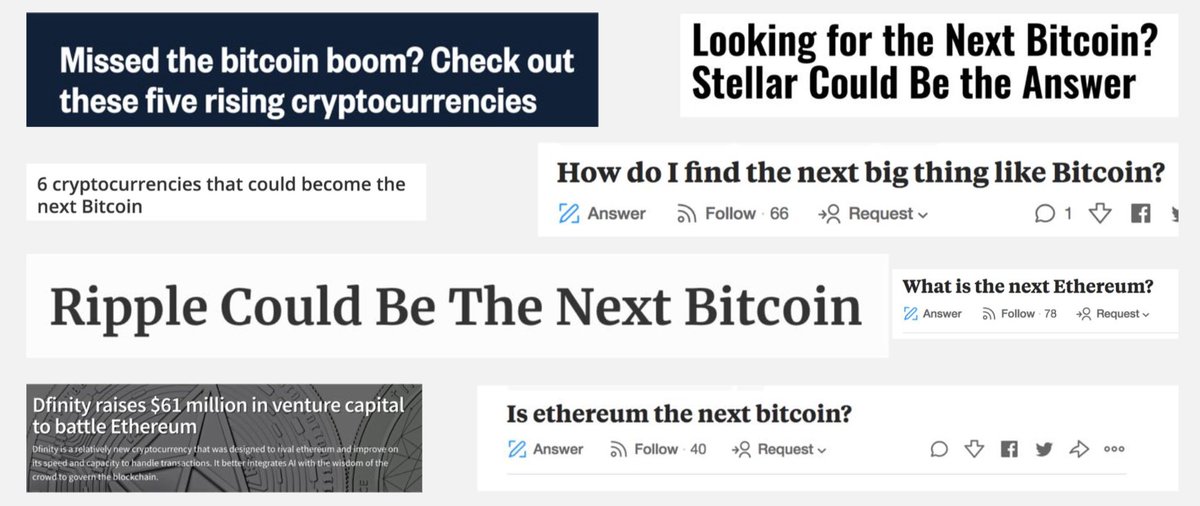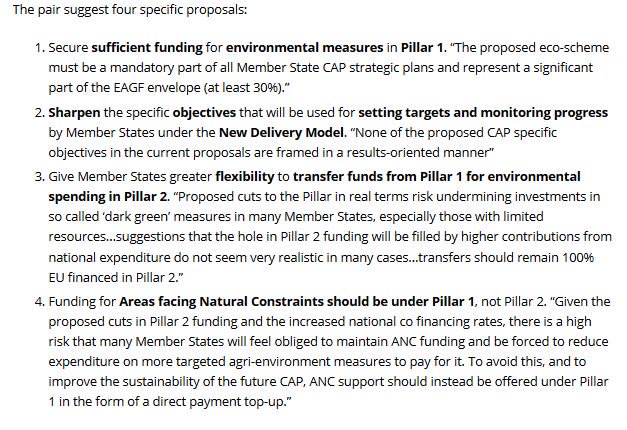while governance is not a new idea, trying to codify this process into software *is* a new phenomenon. join me for a deep dive of these experiments on the @CoinSharesCo blog 👇
in the context of this thread, governance is broadly defined as the set of processes that comprises how a state, market or system "makes rules"
the net effect?
considering the time & energy required to effectively participate, it seems that there are two key motivations:
(1) money 🤑💰
(2) power 👊⚔️
...and for a minority, perhaps curiosity / masochism / insanity 🤪
the ability to control future network development can be priceless for some.
*but* I do believe certain exchanges, investors, & individuals will align themselves with protocols where they can “govern” or exert control more effectively, and more actively shape the future.
it's not a stretch that these providers could effectively become “cartels-in-a-box” for large investors.
however, the “cartel of good intentions” is about charting a course which maximizes profit.
“absolute power corrupts absolutely” is perhaps a fitting reminder of what happens when we couple power with politics in protocols.
i have some ideas, which i'll continue to share, but nothing is certain. part of the fun here will be watching these ideas and experiments unfold in real time.
lastly: understanding the past is critical to building a better future. protocols are political. even more so when rulers are paid to govern.
eager to hear *your* thoughts.
/fin





















